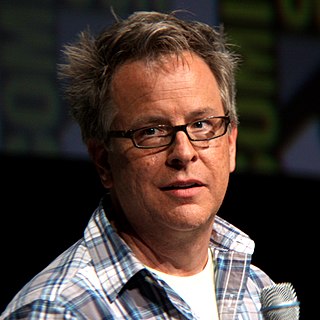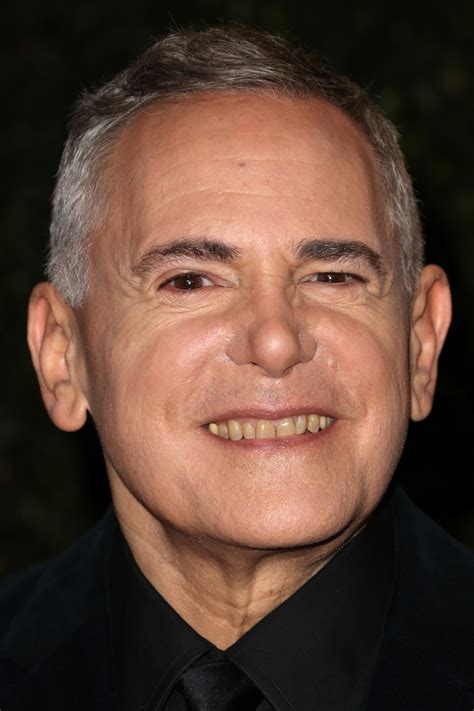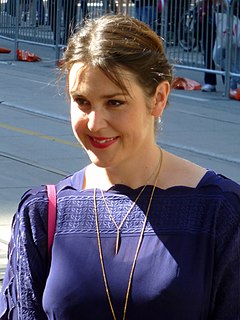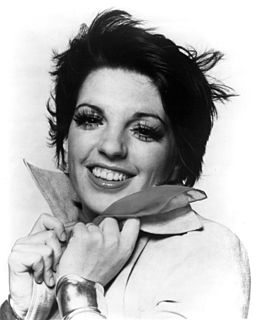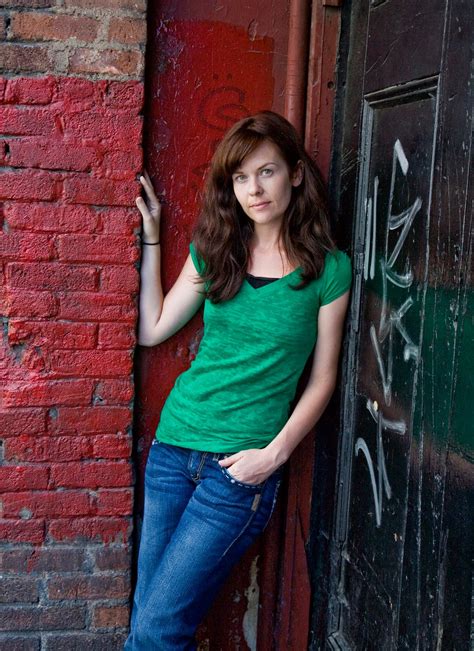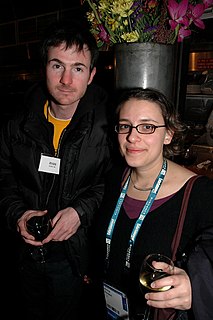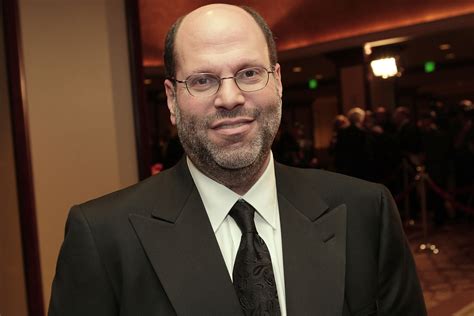A Quote by Rich Moore
There was a moment with 'Zootopia' where we said, 'This is the experiment: let's try Judy in the role of the protagonist. Let her character introduce us to the city and this world.' And suddenly, all that struggling and trying to make traction into this story was done.
Related Quotes
First person allows deeper insight into the protagonist's character. It allows the reader to identify more fully with the protagonist and to share her world quite intimately. So it suits a story focused on one character's personal journey. However, first person shuts out insights into other characters.
Also, getting the chance to play a supporting part meant that I didn't have to do as much as the protagonist, such as running around telling the story. [As the protagonist] you push the story whereas, paradoxically, as a character part, you have a chance to explore some of the nuance and some of the more complicated aspects of a character.
A conventional ‘success’ story is one where, with each next, the protagonist has more money, more respect, and more possessions. I’d like to suggest an alternative ‘success’ story – one where, with each next, the protagonist is closer to finding that spot where he’s no longer held back by his heart, and he explodes with talent, and his character blossoms, and the gift he has to offer the world is apparent.
If the point of life is the same as the point of a story, the point of life is character transformation. If I got any comfort as I set out on my first story, it was that in nearly every story, the protagonist is transformed. He's a jerk at the beginning and nice at the end, or a coward at the beginning and brave at the end. If the character doesn't change, the story hasn't happened yet. And if story is derived from real life, if story is just condensed version of life then life itself may be designed to change us so that we evolve from one kind of person to another.
I feel like any actor should always be thinking about how to serve the story. The thing to be cautious of is trying to make too much of your "moment," or whatever. The story is a lot bigger than you, and you're there to help it along. The thing to think about is whether what you're doing is true to the moment and where the story's going, rather than going, "Here are my scenes. What can I try and do to make the most of them?"
It was like Mama suddenly realized I was good, that she didn't have to apologize for me. It was the strangest feeling. One minute I was on stage with my mother, the next moment I was on stage with Judy Garland. One minute she smiled at me, and the next minute she was like the lioness that owned the stage and suddenly found somebody invading her territory. The killer instinct of a performer had come out in her.
My parents are pretty liberal. But they were just you know trying to look out for my innocence or whatever. But my babysitter had "Forever" [by Judy Blume]. And I said "Well I've read Judy Blume books, can I borrow that?" And she said no, this one's not appropriate for you. Which obviously, got me really worked up. So I took it.
I don’t mind if the character is a small character, but I would just like her to have a journey in the film. Sometimes the characters are just there as a prop to further the man’s story. The great directors I’ve talked to, I’ve said listen, I don’t mind playing a woman that is a tiny part, but how does the story affect her? What can I play in the end that’s different from the beginning? Otherwise, it doesn’t make sense, because it’s just like being a prop.
The protagonist of Fourteen Stories, None of Them Are Yours doesn’t make it easy for us, channeling as he does Barry Hannah and Denis Johnson by way of Rick Bass and Dennis Hopper, and self-presenting as yet another damaged romantic who thinks it’s always time to play the cowboy, skating in and out of sense. He can’t see right, and he’s haunted by nearly everything. He’s trying to open up or shut himself down or at least get a hold of himself. He’s trying to make do with what he’s done, while he reminds us that we’re all, one way or another, in that position.
You read a script, you try and think through what is the best, most wide-ranging way of telling the story: who stylistically, character-logically, psychologically fits inside the world of what you're trying to do. A lot of it, when you're casting, is trying to get yourself in the head of a director.
